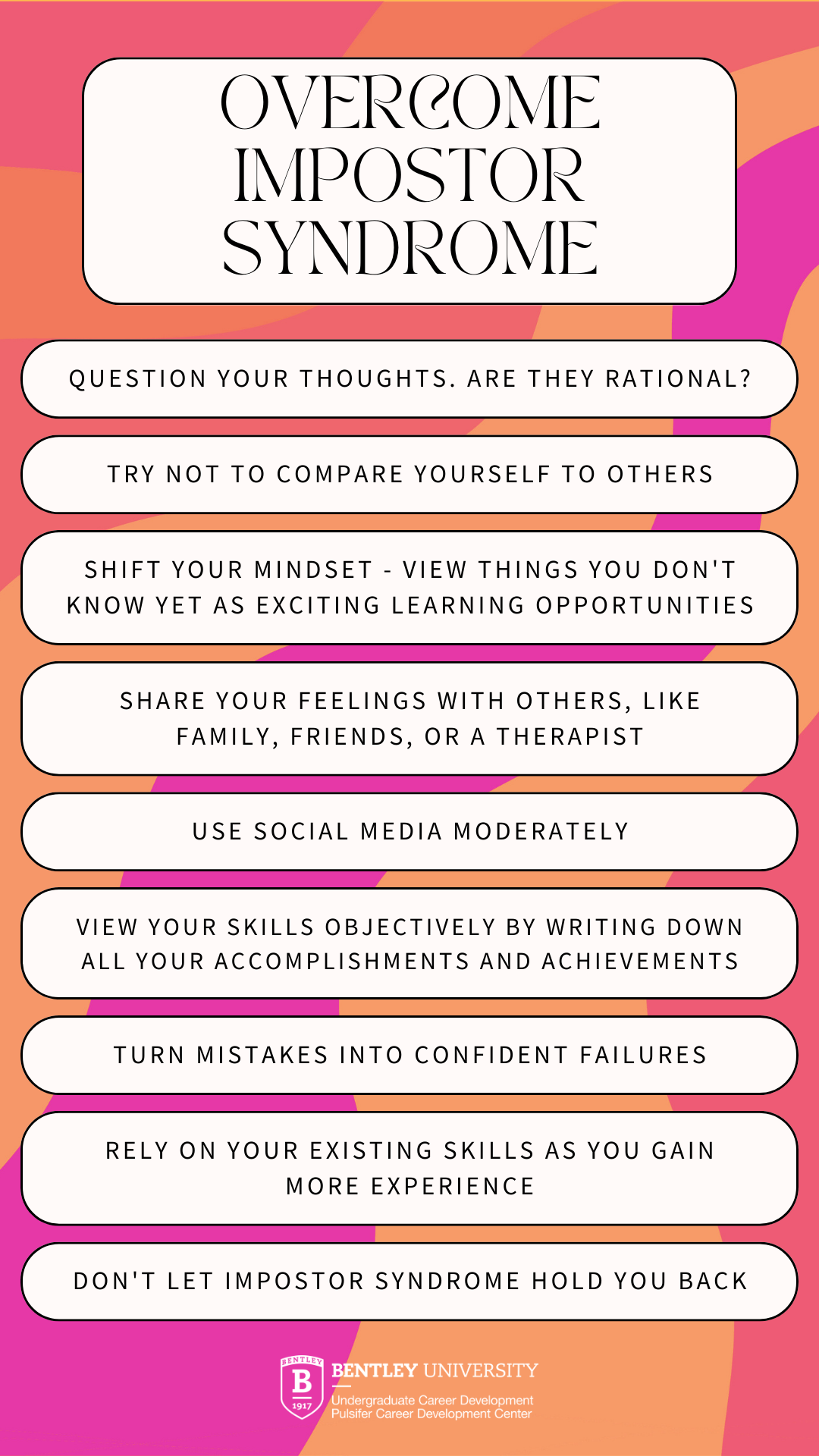The Science Behind Procrastination, Emotional Dependency, and Impostor Syndrome
The Science Behind Procrastination, Emotional Dependency, and Impostor Syndrome
Blog Article
Have you ever wondered why people procrastinate? Psychological research provides valuable explanations into these behaviors, revealing how they develop and how to overcome them.
Through this exploration, we will delve into the scientific foundations behind procrastination, emotional dependency, and impostor syndrome. By understanding the science behind these challenges, you can start to address them effectively.
What is Procrastination?
Procrastination is often misunderstood as simple laziness; it’s a complex psychological phenomenon. Studies in neuroscience show that conflict between brain regions often leads to procrastination.

The limbic system, responsible for emotional responses, tends to dominate the logical decision-making center. This results in delaying tasks over long-term goals. Techniques like mindfulness and CBT can help rewire these patterns.
What is Emotional Dependency?
Emotional dependency is deeply tied to attachment theory. According to research that childhood experiences and relational dynamics play a significant role in forming emotional patterns.
For example, those with anxious attachment tendencies may struggle to feel secure without constant validation. Breaking this cycle involves building emotional self-reliance through practices like journaling, therapy, or mindfulness-based techniques.
The Cognitive Science of Impostor Syndrome
Impostor syndrome stems from biased mental patterns, such as overgeneralization and perfectionism. Psychological research indicate that individuals with impostor syndrome often engage in negative self-talk.

These distortions lead to a “fear of being found out” and difficulty in accepting success. Strategies like restructuring thought patterns and adopting self-compassion practices are scientifically backed ways to combat these feelings.
How to Overcome These Challenges Using Research-Based Strategies
Understanding the science is the first step, but implementing evidence-based solutions is critical. Here are key research-supported techniques:
- Procrastination: Use implementation intentions—specific plans that link a goal to a cue, such as “If it’s 9 AM, I will start writing my report.”
- Emotional Dependency: Practice como acabar com a dependencia emocional self-differentiation, a technique where you focus on identifying your own needs separate from others’ expectations.
- Impostor Syndrome: Keep a success journal to document your accomplishments and review them regularly to challenge distorted self-perceptions.
tipos de dependência emocional
These approaches have been validated through extensive research, making them effective pathways to improvement.
Why Understanding the Science Matters
Procrastination, emotional dependency, and impostor syndrome can be managed effectively when you understand their scientific underpinnings. By addressing the brain’s tendencies, psychological patterns, and cognitive distortions, it’s possible to create lasting positive change.
The journey to self-improvement starts with awareness. Take the first step today by applying these strategies to unlock your potential and thrive.
Report this page